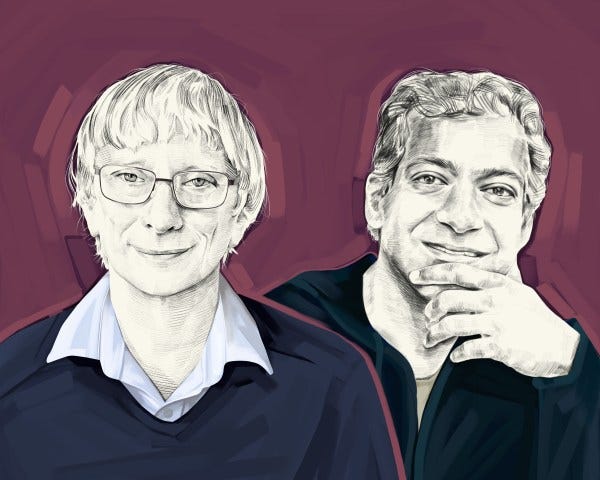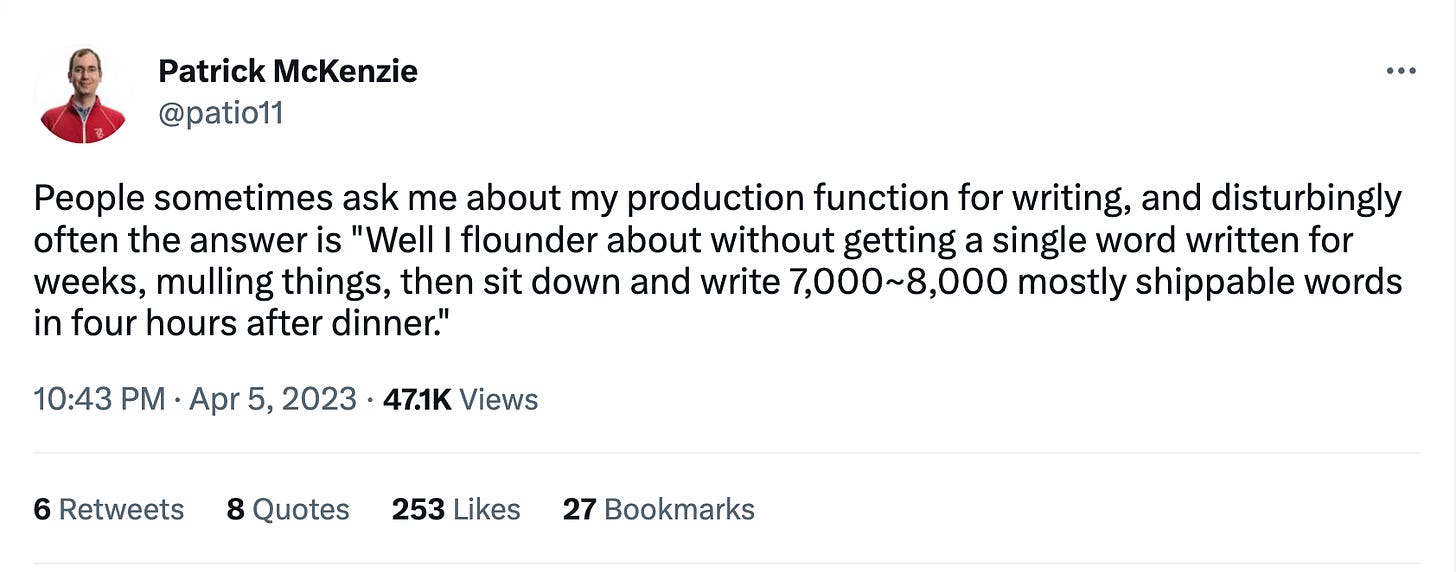NOT-TO-DO LISTS ARE DAMN USEFUL
Billionaire Warren Buffett uses to give the following advice to his subordinates. Make a list of the top 25 actions you should take during the next three months, ordered from the most impactful to the least. Then, select the top 5 items: these are your to-do list. Finally, select the bottom 20 items: these are your not-to-do list. You are not allowed to work on your not-to-do list until the to-do list is completed.
Without using a not-to-do list, you might spend your time and energy on taking the most comfortable actions (busywork), not the most impactful ones. By using the not-to-do list, instead, you remain focused on what’s really important.
The enemy of productivity isn't laziness but busy work. Not-to-do lists are your solution to it.
ACTION:
Implement a not-to-do list for yourself:
Make a list of the top 25 actions you should take during the next three
months.
Order the list items from the most impactful one to the least impactful
one.
Then, select the top 5 items: these are your to-do list.
Finally, select the bottom 20 items: these are your not-to-do list.
Once you’re done, pin both lists (the to-do one and the not-to-do one) somewhere where you can regularly check them.
If you find yourself transgressing them (by working on some of the not-to-do items before having finished the to-do ones), ask yourself: what should I tweak, in my environment, or in my way of working, so that I will not transgress again?
🎧 Listen
David Deutsch and Naval Ravikant on The Tim Ferriss Show
I’m a big David Deutsch fan. You might know him from his Principle of Optimism — “All evils are caused by insufficient knowledge”. Maybe you’ve read his books, The Fabric of Reality and The Beginning of Infinity.
If you haven’t, or even if you have but need a little refresher, this conversation with even bigger Deutsch fan Naval Ravikant is a great place to start. Here’s what Naval had to say regarding Deutsch’s two books:
The last few years of my life, from a reading perspective, have been a rabbit hole exploration into these books and the ideas and thoughts that they have spawned. It’s a strong claim, but I can make it for myself. They’re the two most important books I’ve read.
This wide-ranging conversation between Ferriss, Ravikant, and Deutsch covers:
Knowledge and understanding
How Criticism and conjecture give Us a basis for optimism
Artificial General Intelligence
Wealth and resources
They cover a lot of ground in under two hours, and if you have those hours to spare this weekend, it might just change your entire worldview.
🐦 Tweets

Your taste, gut feeling, judgment > > > Surveys, market research
🤣🤣🤣
Loved this!! Ask yourself, “Am I doing what I want to do or I’m told to do”
Intensity > > > Consistency.
Something to reflect upon, will you? :)
See you next week,
Shivam










